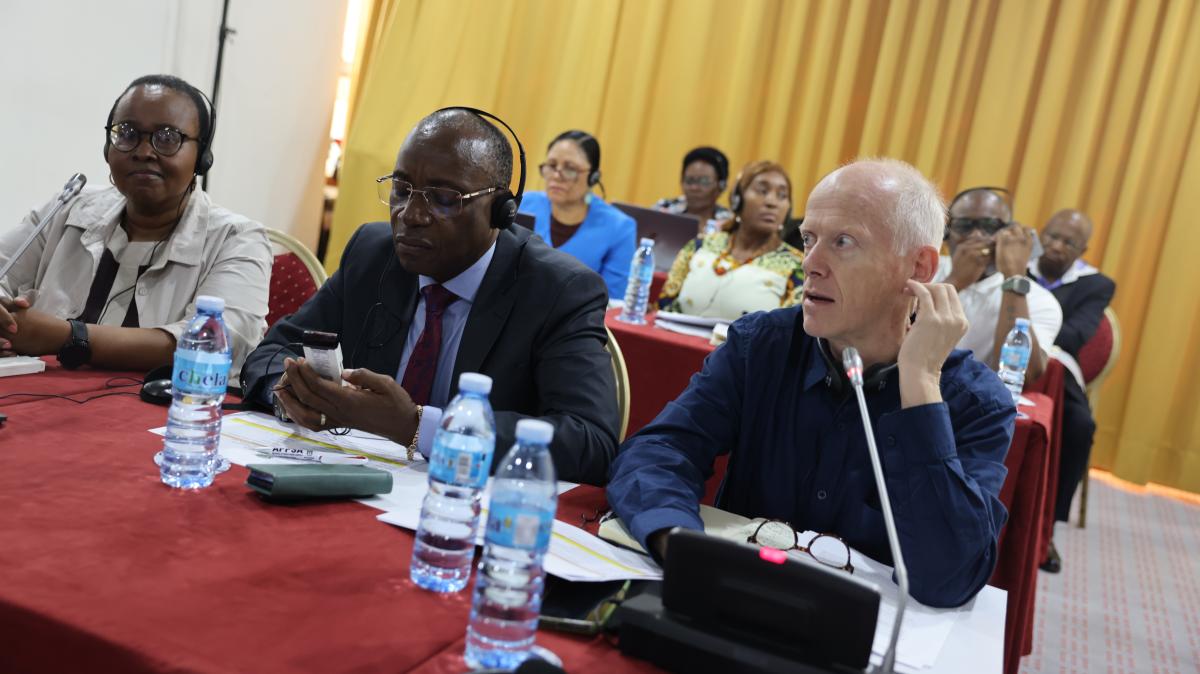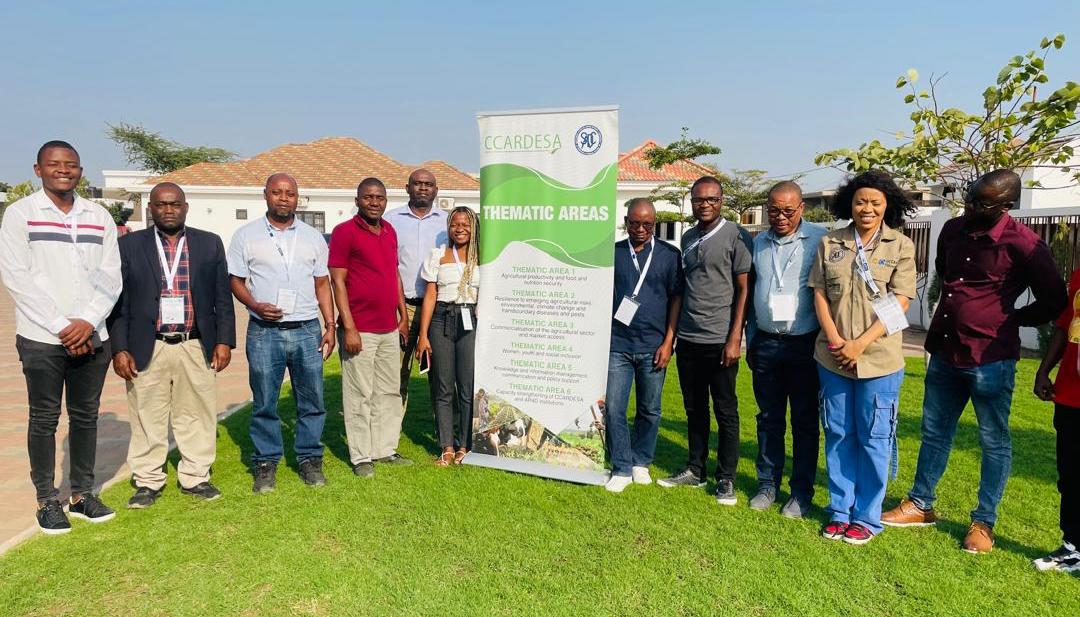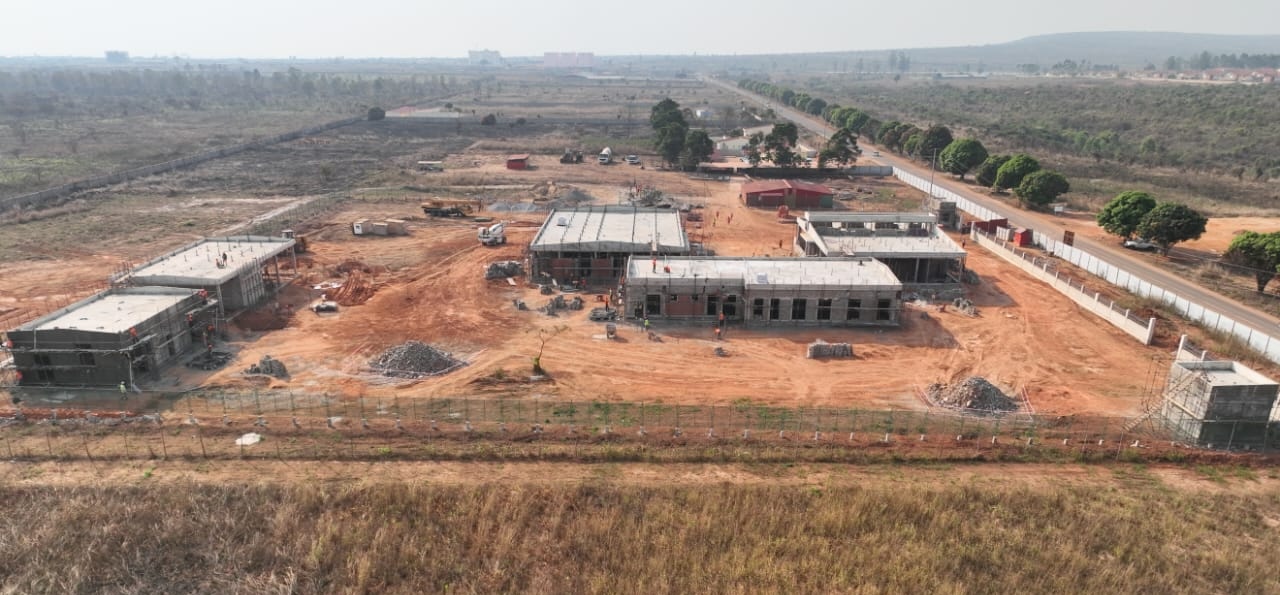Co-authors
Mathew Mpanda Janie Rioux Ermias Aynekulu Samuel Shaba Margaret Thiong’oPaul Mutuo Sheila Abwanda Keith Shepherd Henry Neufeldt Todd S. Rosenstock
Description/Abstract
Conservation agriculture (CA) is promoted extensively to increase the productivity and environmental sustainability of maize production systems across sub-Saharan Africa and is often listed as a climate-smart agriculture (CSA) practice. However, the impacts of CA on food security, resilience/adaptive capacity and climate change mitigation are location-dependent and it is unknown whether CA can simultaneously address CSA’s multiple objectives. Here we evaluate four variations of CA: reduced tillage plus mulch (mulch), reduced tillage plus mulch and leguminous cover crop (Lablab), reduced tillage plus mulch and leguminous trees (CAWT), and reduced tillage plus mulch and nitrogen fertilizer (CA + F)—for their effect on CSA-relevant outcomes in highland Tanzania maize production.
Citation
Anthony A. Kimaro, Mathew Mpanda, Janie Rioux, Ermias Aynekulu, Samuel Shaba, Margaret Thiong’o, Paul Mutuo, Sheila Abwanda, Keith Shepherd, Henry Neufeldt, Todd S. Rosenstock, 7/2016. Is conservation agriculture ‘climate-smart’ for maize farmers in the highlands of Tanzania?.










